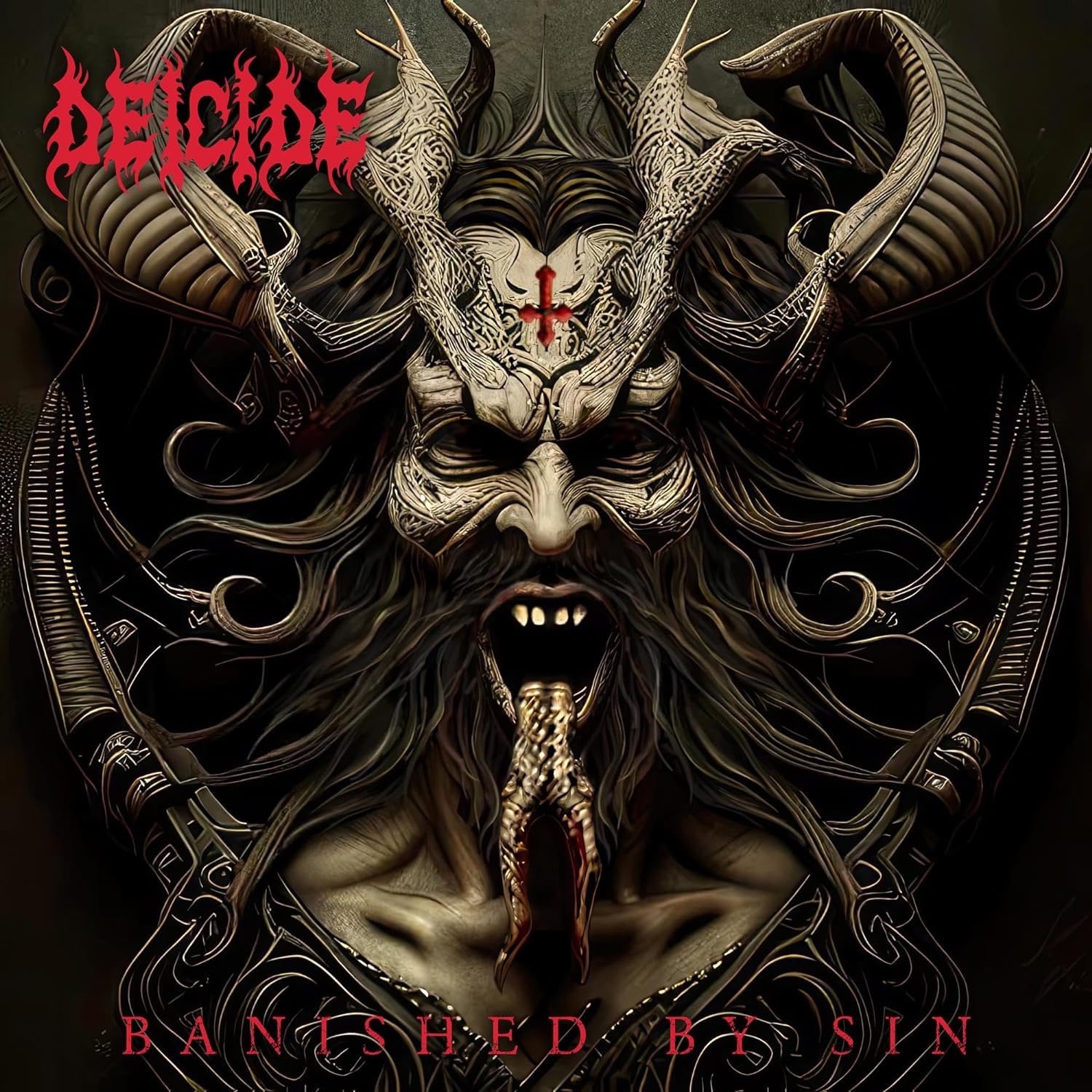
It must be a strange experience for a band, used to writing and recording together in the rehearsal room, who suddenly find themselves writing independently of one another. This was, however, the situation for Chicago instrumentalists Russian Circles, who were pushed into isolation by the pandemic and, as a result, found themselves writing some of the most direct music of their storied career. Although more atmospheric material was written during the lockdown, the band took the decision to focus on the darker, heavier pieces for Gnosis, resulting in a tumultuous, seven-track album that frequently pummels the listener with considerable force.
The album emerges to consume the listener with the dense Tupilak. Like magma, it moves slowly, but scalds everything in its path, and it makes full use of Kurt Ballou’s darkly detailed mix. Gruelling bass, a wedge of guitar that seems to suck the light from the room and hypnotic percussion all serve to draw the listener bodily into the dark void that Gnosis inhabits. Yet, despite the power of the band’s performance, there’s beauty here too, making for a rewarding, evocative opener, which sets the bar high for the album. Fading out somewhat unexpectedly, Tupilak gives way to the grinding, mid-tempo surge of Conduit, which has an unexpected Sepultura vibe in its palm-muted riffing and neck-snapping groove. A direct track, which the band wisely keep short, it provides an adrenaline fuelled path to the more exploratory soundscapes of the title track (and single from the album). Just shy of eight minutes in length, Gnosis sees the band take their time in building towards a heavier trajectory, the rippling post rock guitar unsettled only by the swathes of cruelly distorted bass that swims beneath the waters. It takes nearly half the track’s run time for the band to deploy the track’s full weight, but when it finally comes, the payoff is immense – the churning, otherworldly guitars channelling the deadly beauty of a natural phenomenon and leaving the listener in awe at the vastness of it all.
After the expansive Gnosis, Vlastimil gets to the point in stunningly direct fashion, the band deploying a hulking great riff that chugs remorselessly against the mid-tempo drums. Despite being a lengthy composition, at just under seven minutes, it passes by in an instant and, before you know it, the metallic riffs have devolved into something altogether more ethereal. Which is where the gorgeous, O Braonain steps in. A subtle piece, it feels like someone uncovered a long-lost music box, the slight melody haunting a dust-filled and abandoned playroom. The sense of calm is, of course, an illusion and, waiting to burst in is the crushing Betrayal. Eschewing any sense of build, the track positively erupts, and the listener can only retreat in the face of the onslaught. It segues neatly into the pastoral finale of Bloom. A sweeter, airier piece, it sees the band comfort the listener after a difficult journey, and it leaves the listener somewhat stunned to find that some forty-five minutes have elapsed since they first entered the band’s world.
Gnosis is one of those albums that, once placed upon the deck, makes the outside world disappear. While it has, in places, a directness to it that sets the blood racing through the veins (most notably Conduit and Betrayal), even these massive, metallic onslaughts feel narrative driven and, when heard as part of the album, they feel like they represent some naturally occurring cataclysm in the world the band have built around you. Russian Circles have once again crafted something of enduring quality and albums such as this deserve to be treasured. Seek out a copy and watch the world disappear. 9/10










Leave a Reply